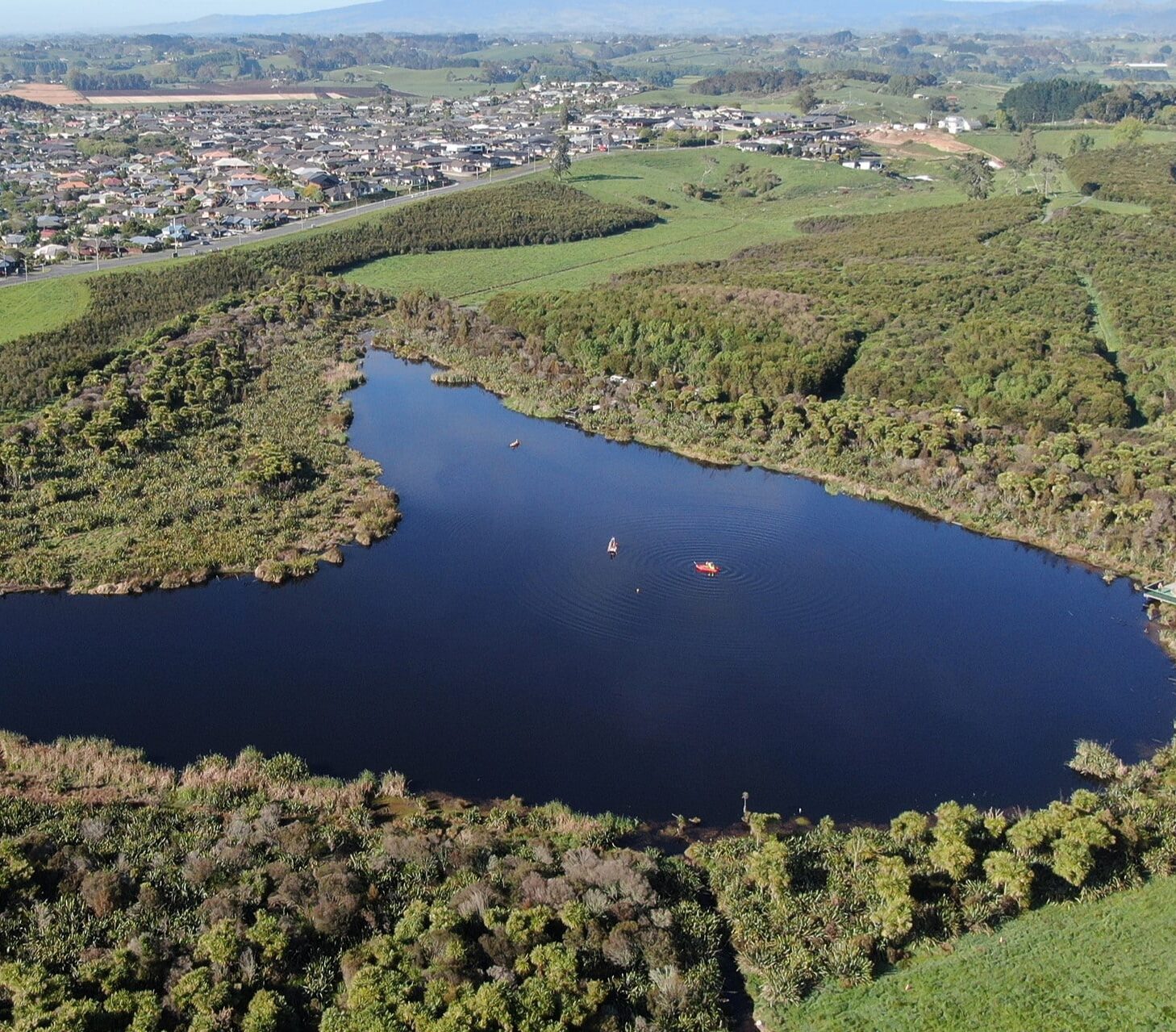, & (2022). Tracing the neglect of lakes in New Zealand’s freshwater politics. New Zealand Geographer, 78(1), 23–36. https://doi.org/10.1111/nzg.12324
Abstract
This article examines the material, social and legal drivers of contemporary lake politics in Aotearoa New Zealand through semi-structured interviews with freshwater experts. Despite the rise of freshwater as a mainstream political issue, we find that lakes receive limited attention in a national discourse dominated by rivers and streams. We elaborate how the slow accumulation of environmental changes in lakes, a history of reactive legislation, variability in regional governance and social disconnection from lakes collectively contribute to a ‘politics of neglect’. We suggest pathways towards a revitalised lake politics that draws attention to the health and values of diverse waterbodies.




